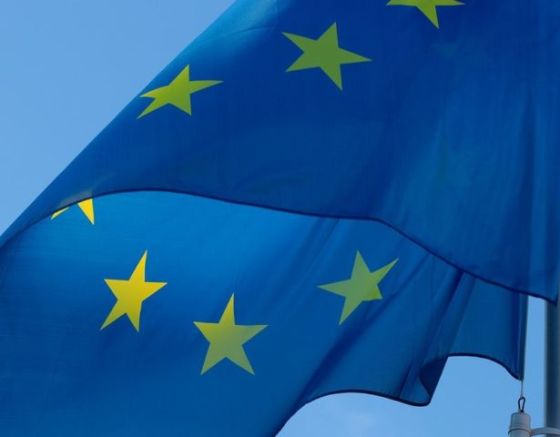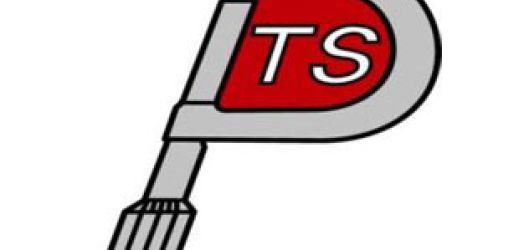
The European Parliament has this week passed new anti-dumping rules, requiring trade partners outside the EU to meet international social and environmental standards.
On Wednesday (15 Nov 2017), MEPs voted in favour of trade rules that aim to protect EU jobs and businesses against "unfairly cheap imports from third countries that interfere heavily in the economy".
The EU has been gearing up to launch new anti-dumping and trade defence measures since November last year. In October, the European Commission agreed new anti-dumping methodology.
According to the European Parliament, the rules now include:
- the impact of social and environmental dumping will be taken into account when deciding on anti-dumping measures,
- the EU Commission is to monitor circumstances in exporting countries. EU firms may rely on these reports when lodging complaints,
- there will be no additional burden of proof on EU companies in anti‑dumping cases, on top of the current procedure,
- small and medium-sized enterprises will get help to deal with procedures,
- all parties involved, particularly trade unions, may give input to decisions on trade defence measures.
MEPs voted 554 votes to 48 in favour, with 80 abstentions.
Steel, aluminium, bicycles, cement, chemicals, ceramics, glass paper and solar panels industries are thought to be those most affected by dumping and the new rules are expected to enable the EU to target imports "where prices are not market based, due to state interference."
MEPs are also negotiating further plans to update the EU's trade defence instruments with a view to raising tariffs against dumped or subsidised imports from countries "that do not interfere extensively in the economy".



